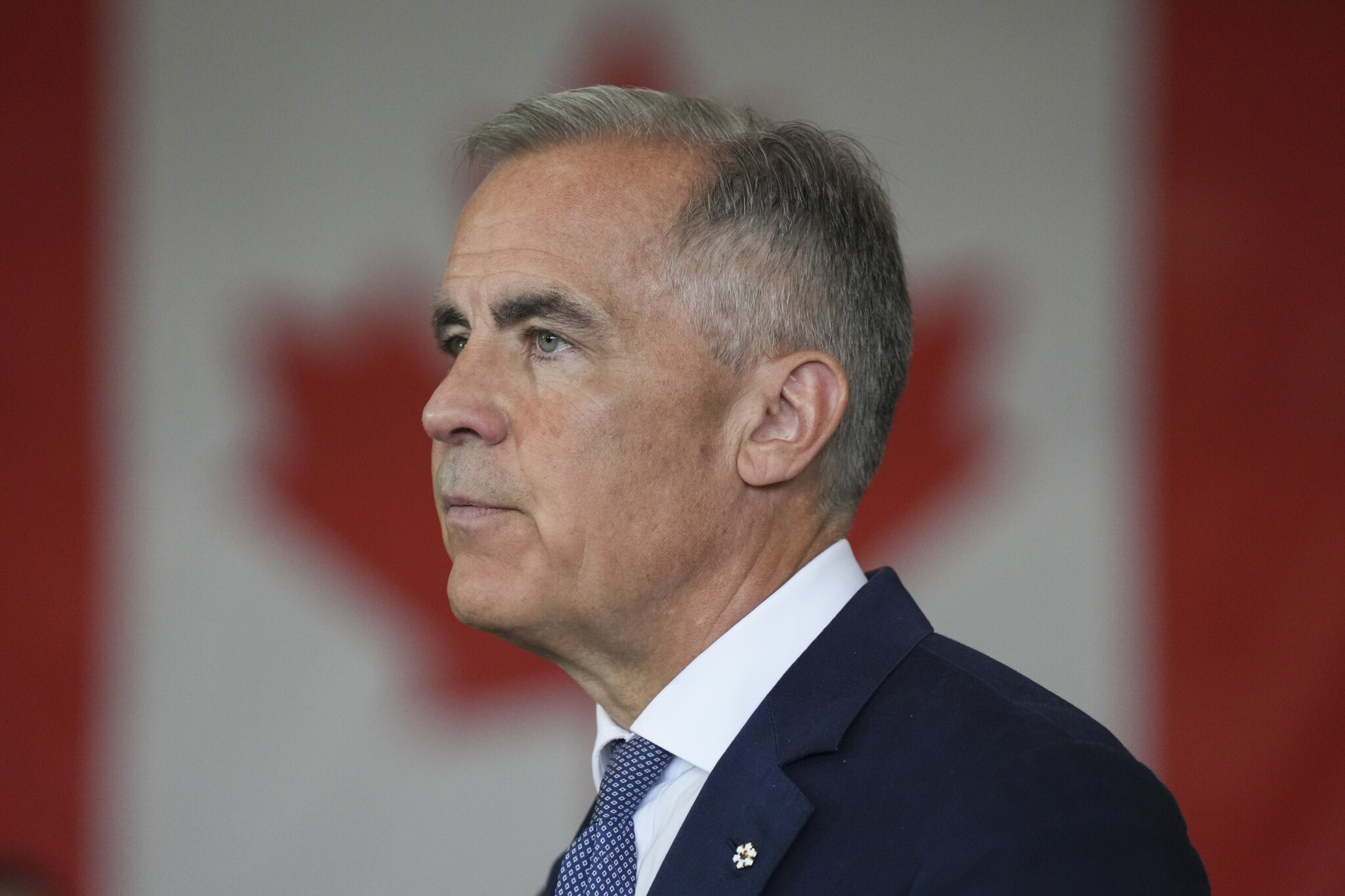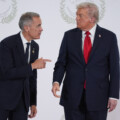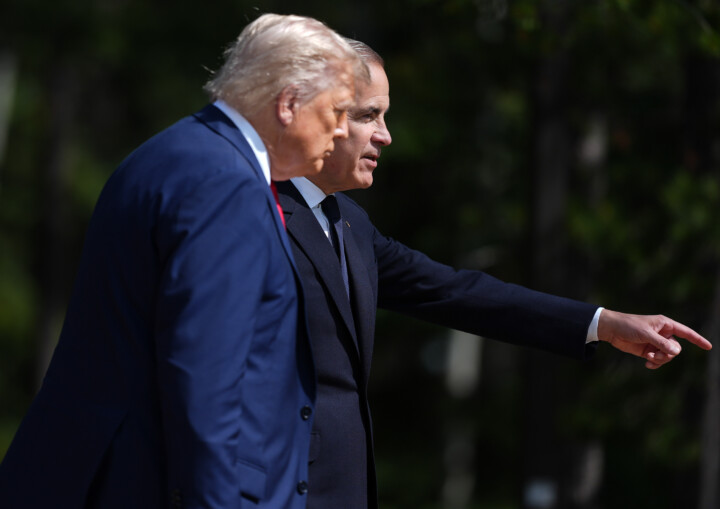Late last month, I saw a poll reported on X that has been bothering me ever since.
The poll by advocacy firm spark* posed two questions: First, it asked respondents whether they prefer leaders who are more “pragmatic” or more “ideological”; then it asked whether they think Pierre Poilievre and Mark Carney are more influenced by these factors (no, the question’s grammar didn’t quite work).
On the first question, 80 percent said they preferred leaders to be pragmatic, while just 20 percent wanted them to be ideological. The second question was a closer call, but still decisive: 55 percent thought Poilievre was more ideological against 45 percent who thought he was more pragmatic, while 64 percent deemed Carney to be pragmatic against 36 percent ideological.
No doubt the questions capture something important about how Canadians see the two federal leaders, so I don’t fault spark* for asking them. What bothered me is that these terms–ideological and pragmatic–should not be opposed either in fact or in voters’ minds. The missing word that shows why they are inadequate is “principle.”
Being principled is not the same as being ideological, but principles give ideologies a particular moral or political valence (note the question didn’t ask Canadians to distinguish between better and worse ideological commitments–surely it matters whether a leader is an ideologically committed democratic or authoritarian, or a communist or a fascist).
Being principled is also not the same as being pragmatic, but principles are a precondition for pragmatism, guiding and constraining it. Without principles, you just have opportunism; with them, you get something closer to Plato and Aristotle’s ideal of phronesis (or, to Thomists, prudentia)—the practical wisdom that guides wise rulers within the bounds of the natural law.









